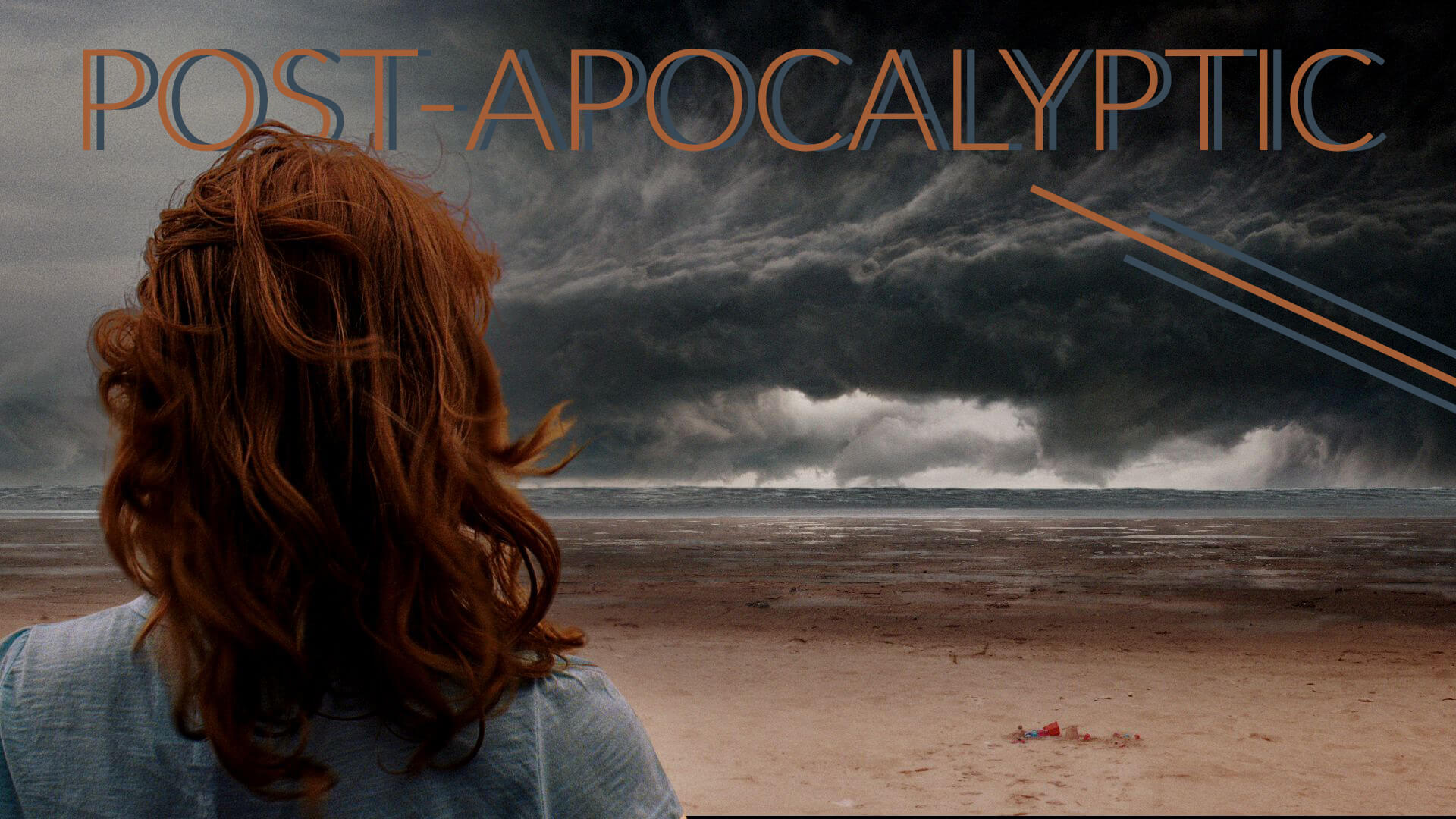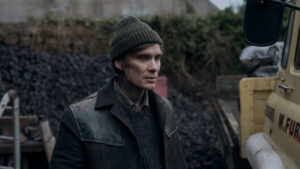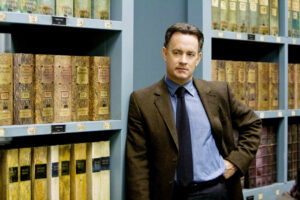Few newspapers, some magazines and a huge number of scientists are trying to inform the ‘Powerful of the Planet’ that the Earth will not last very long if we keep abusing of it as in the last ninety years. Starting from the fact that some signs of this breakdown are already clear, this “current news” is unchaining fantasies (unfortunately not that fantastic!) of several directors and screenwriters.
In the last years, we have seen the blooming of movies that fell under the new genre of ‘post-apocalyptic fiction’. Many of these artists tried to “realize” such event and had fun letting the characters play with the ruins of an overturned planet, showing us once again the prophetic power of art. I must confess that I’m attracted too much by these plots and I recognize some really incisive outcomes.
I must confess that I’m attracted too much by these plots and I recognize some really incisive outcomes.
The Road
_____
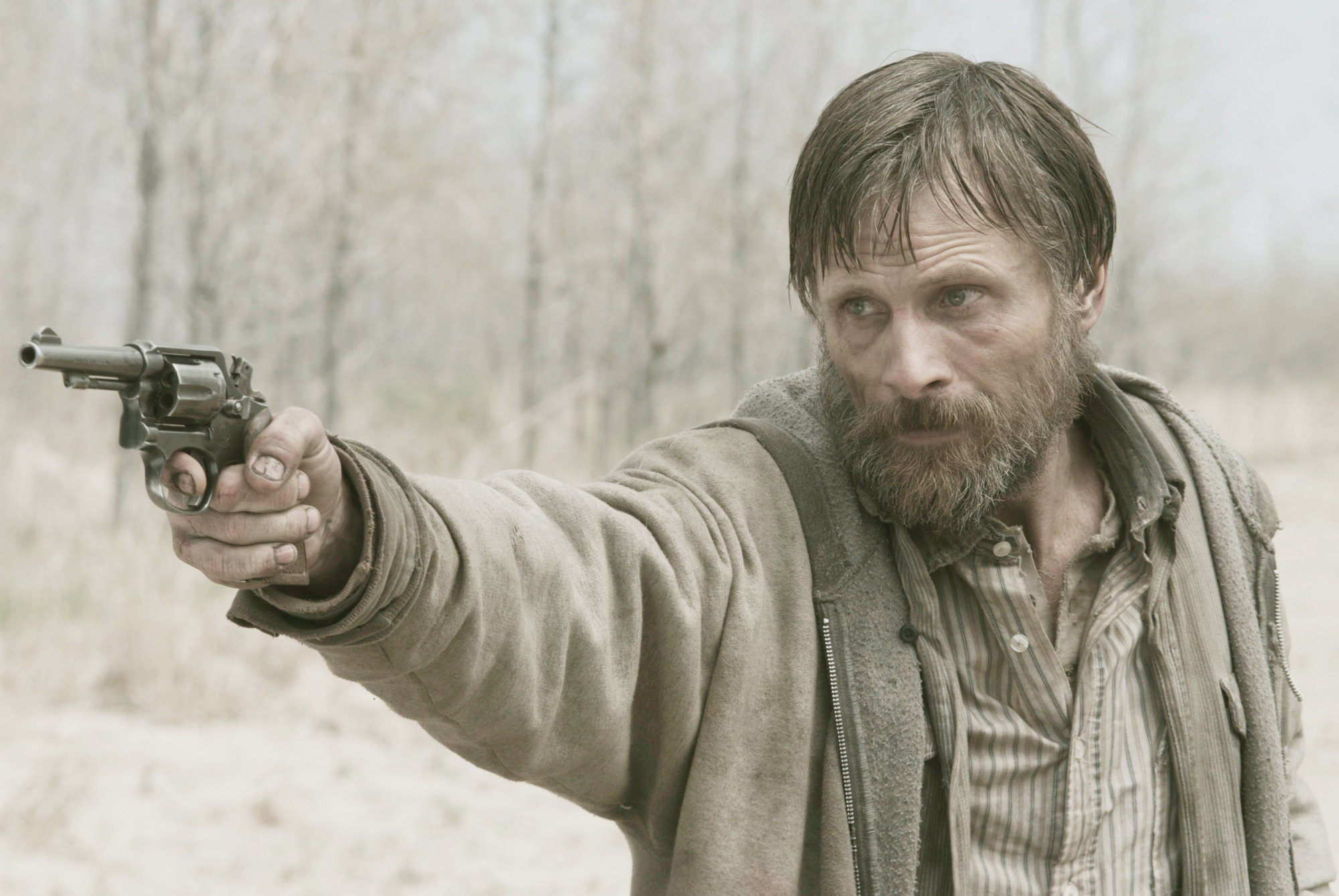
I’d like to start with “The Road” (2009, John Hillcoat), because I think that writing a film based on a Cormac McCarthy’s novel (he won the Pulitzer Prize for this) is always a good idea. The film ooze sadness and desolation from frame to frame but it’s well directed and performed. The choice of locations and scenes (by Chris Kennedy) are appropriate: long frames of infinite American plains make you shiver, expanses of fallen trees, crumbling houses and scenarios of natural and artificial disasters throw the audience into a dimension of raw realism, very close to McCarthy’s writing style.
“RAW REALISM”
It’s worth to nominate the director of photography (Javier Aguirresarobe) who works in perfect harmony with the director, the screenwriter and the costume designer (Margot Wilson), very incisive for every character. The collaboration between these three branches is a sort of ‘praise’ of the brown color’: the palette is used in millions of nuances making, for instance, a fireplace (the two protagonists have something in common with the mythological Prometheus), a dwelling, a car or a seaside appear like a sort of miracle. The excellent screenplay matches perfectly with the desolation of a planet where survivors are just a few among which it is urgent to recognize the good ones from the bad ones. That’s why ‘The Road’ is taken by a father and his son: the young adult is yet far from malice and negativity and he will be able to absorb his father’s teachings without moralism or a bleeding heart.
Snowpiercer
_____
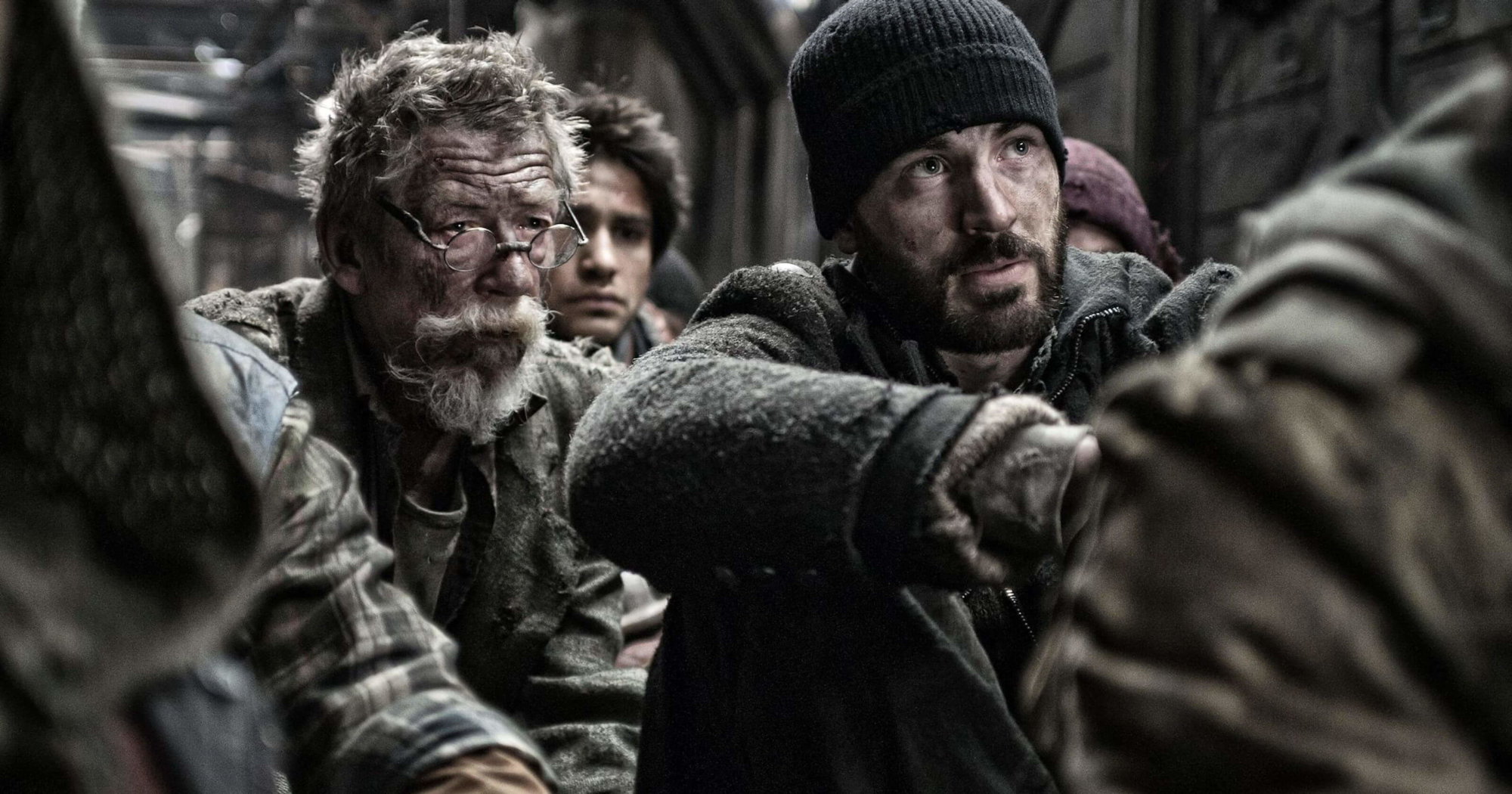
“Snowpiercer” (2013, Bong Joon-ho) has the quality of being a French graphic novel, directed by a South-Korean director who, for the first time, worked with an American, meaning that we have three different cultures ready to collaborate and mix. The plot is rousing: after a catastrophic glaciation, the only survivors are stiff on a train in perpetual movement through a planet reduced to a frozen snowball with some rails. Inside the train the society is rudely divided into classes: first class includes the rich ones, the middle coaches are for the bourgeoisie (as always undistinguished) and the third class is for the poor ones (keep in mind Van Gogh’s painting).
“RUDE DIVISION”
This rude division is too hierarchical and pushes people towards rebellion to end such injustice. In terms of screenwriting, it is a very good intuition to include mysterious messages of insurrection on a train, insisting on the concept of rebellion for a good cause. Not very well known in Italy, the film has a tightened rhythm, an epic structure over a great cast. Aside from Chris Evans, the protagonist (not very expressive but you did it anyway, Cap!), there are Tilda Swinton playing a magistral small role (can anybody help me find a single frame of her filmography where she’s not amazing, please?), John Hurt, Jamie Bell and an impressive Ed Harris.
Children of Men
_____
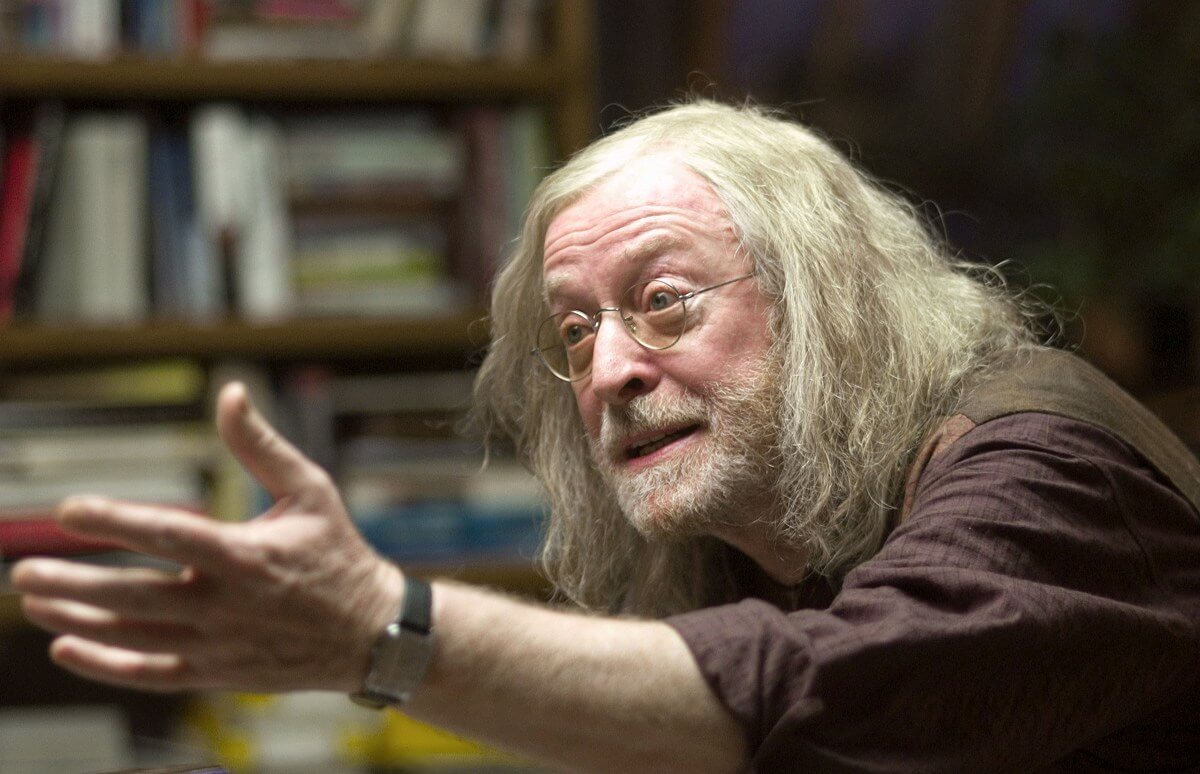
“Children of men” (2006, Alfonso Cuaròn) is another film inspired by a novel (in this case by P. D. James), which focuses on society at risk of extinction because of human infertility. Next to the youngest man on earth, considered a real star, masses of emigrants coexist, seeking for food and doing vandalistic acts across the land, contributing to the decay of the planet. The movie sheds light on the responsibility that human being has towards the planet and how wrong behaviors affect its existence. Cuaron’s direction really stands out with rhythm and passion in a film that has terribly similar aspects to our everyday life.
How It Ends
_____
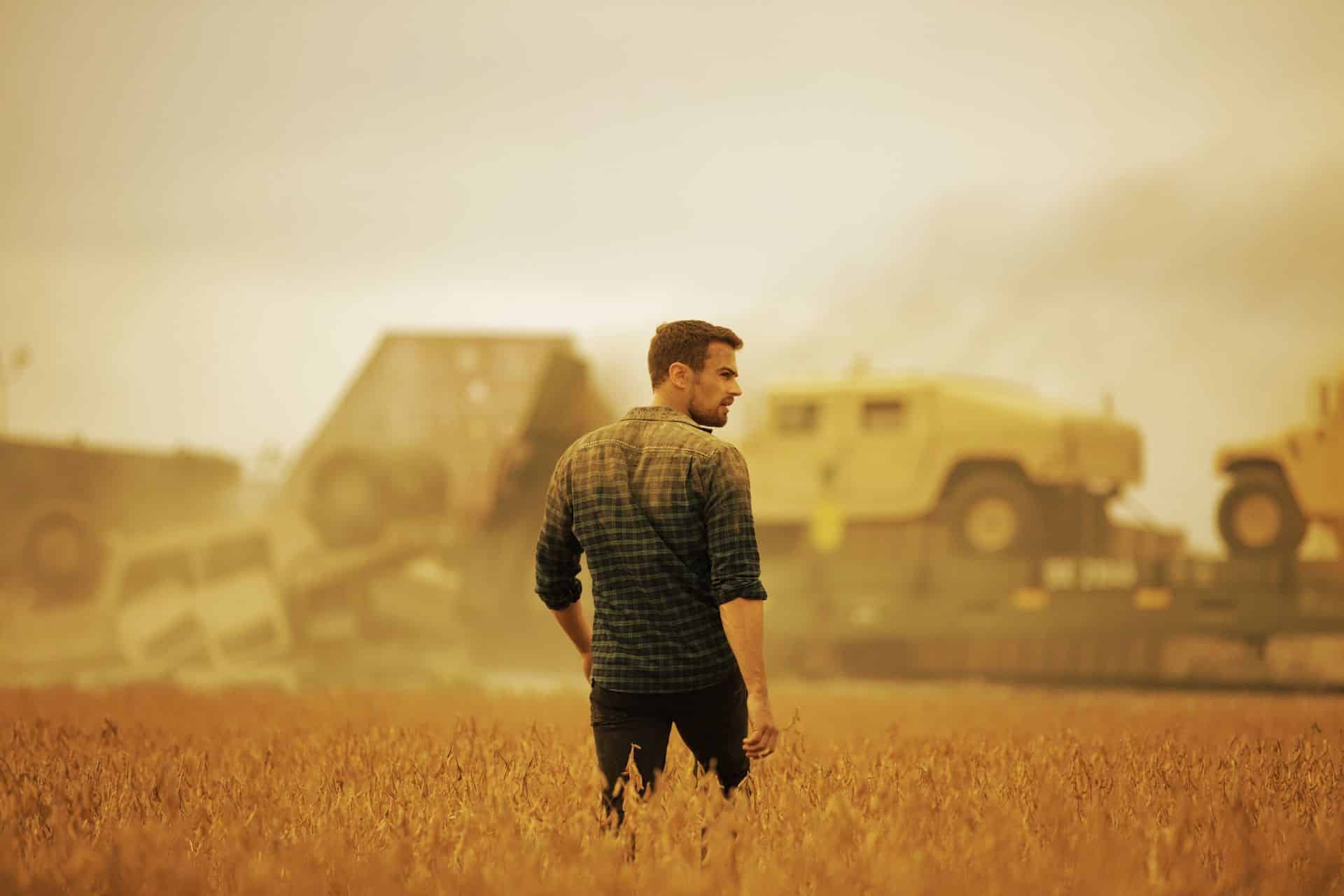
During the last months, Netflix pushed on its home page the film “How it ends” (2018, David M. Rosenthal). Next, to the catastrophe, there is a microcosm of family affairs: the two protagonists are far from each other due to work, the son in son-in-law and the father-in-law cannot stand each other, the parents don’t know that their daughter is pregnant and alone in the middle of a breakdown, etc… Obviously, the disaster forces the son-in-law and the father-in-law (an old Forrest Whitaker but always in a good shape) to travel together and what could be a coming of age trip becomes a clumsy handover. We should have conflicts, tension, emotions, mystery but the rhythm is loose, dialogues are predictable and the climax is a disappointing end. Two annoying hours for a not so plausible road movie: what a shame!
The Book of Eli
_____
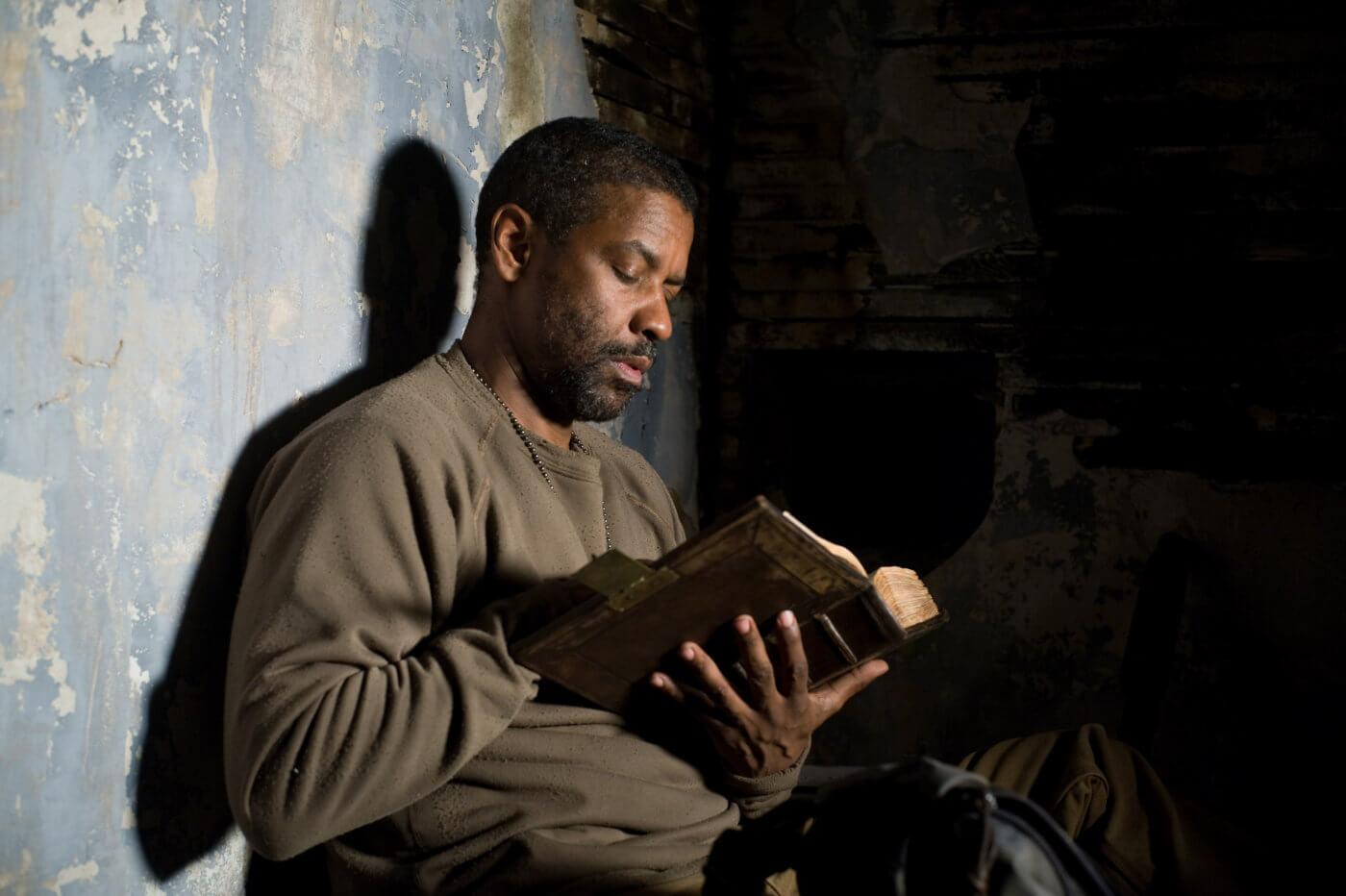
Another failed attempt is “The Book of Eli” (2010, Brother Hughes). Denzel Washington is Eli, a soldier and a literate man who travels through a desolate land in an emergency of drought where ruthless gangs share the power. Equipped with his Holy Bible and his scimitar he will pick a fight with the man who holds the power (Gary Oldman) for the last copy of the weapon of weapons: the Holy Bible, aka ‘the book of Eli’. Even though there are western movie quotes, fights and a special attention to the importance of books, the film is not that sharp, overly moralistic, resulting in a poor plot that has a lot of potential (despite spite Mila Kunis’ presence within the cast…).
Melancholia
_____
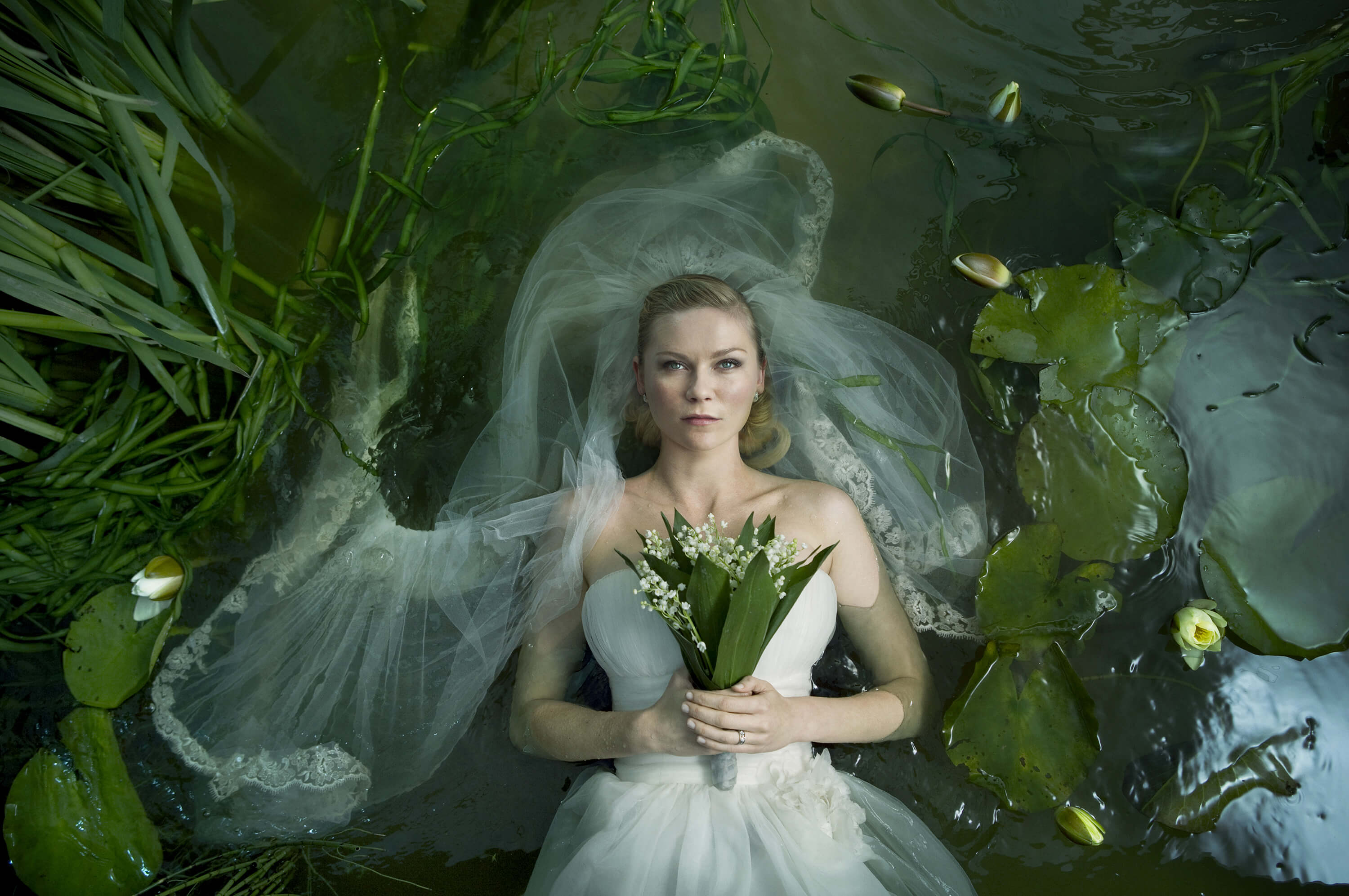
I’d like to conclude with two films that I really appreciated even if they’re about the upcoming moment of a catastrophe. I have to mention “Melancholia” (2011, Lars Von Trier). Too much has been said on Von Trier’s films and I am pretty sure that the Danish director does exactly what he says just to provoke us. He wrote this script after a period of depression (another one?). The main event, which connects the two parts of the movie, is intimate, mysterious and very disturbing. The second part, “Claire”, is a clear and wise reflection on an imminent catastrophe and on how the characters behave: in their eyes and behaviors you can see a variety of attempts to survive while the meteorite, after a masterful faint, gets closer and closer to the planet Earth on the notes of Wagner. A must see, again and again!
Take Shelter
_____
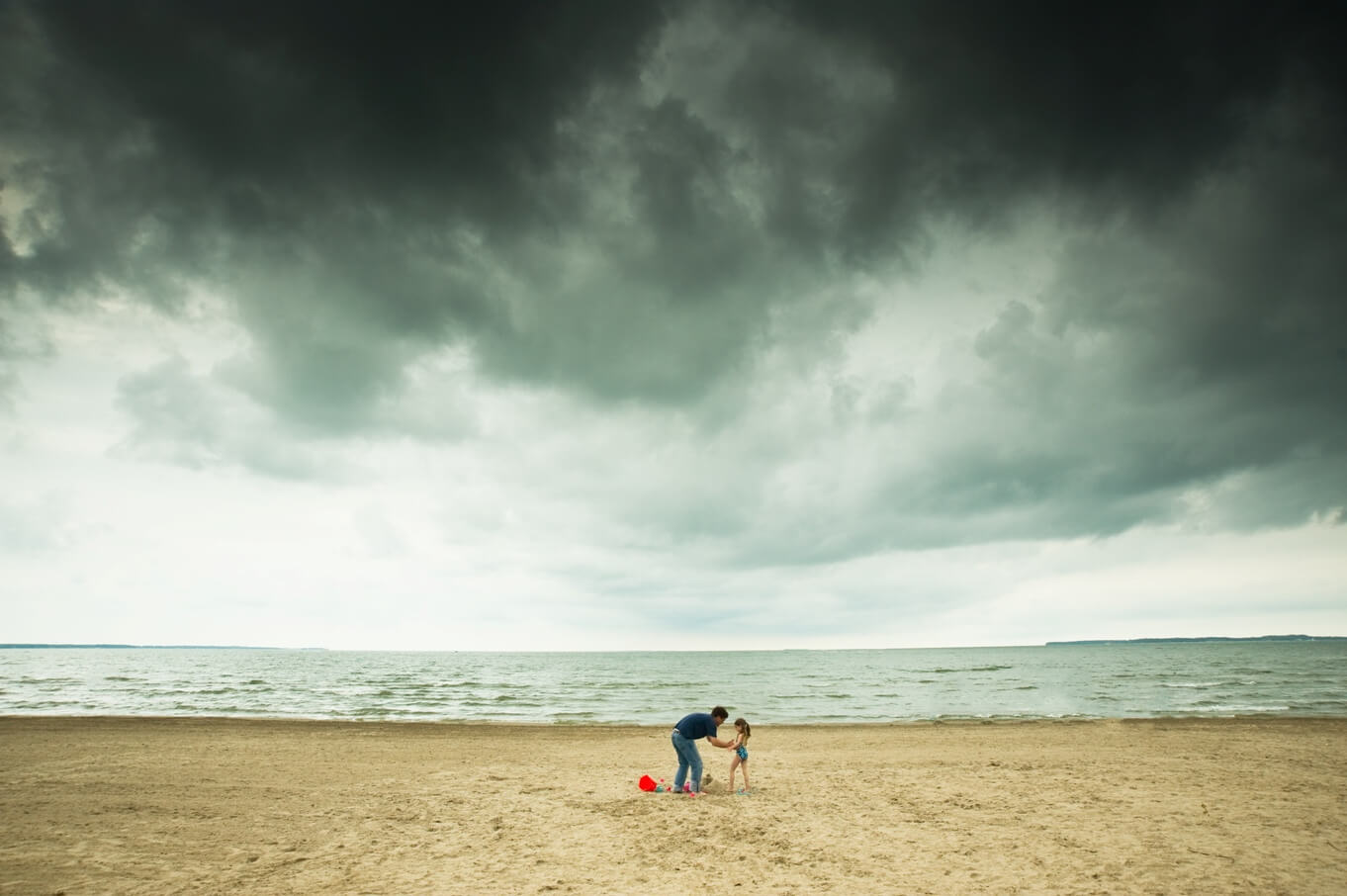
The last film I want to write about is “Take Shelter” (2011, Jeff Nichols): I’d like to write a little about it because I want to tease you. A man starts having horrifying and recurring nightmares about an upcoming catastrophic storm. His nightmares are so real during the night that he decides to build up a fallout shelter under his garden. The film is supported by a Michael Shannon’s amazing interpretation (thanks also to a good cast which includes Jessica Chastain, Shea Whigham and Kathy Baker), able to give millions of nuances to a man who constantly fights against his nightmares and who needs to protect the family from his fears.
Intense close-ups, frames of details, silences, rarefied dialogues with a feeling of anxiety that slowly grows up and constantly shows us the dramatic strength of this inner fight. This leaves us with an enormous doubt that makes us love the movie, even more, connecting in a sense the main character’s psychosis with a philosophical query.
I skipped severing movies (some of them very good, some others not very much). However, I wanted to share a brief summary and give you some space to think about it. These films are able to build visually and emotionally a catastrophe, making us experience the turmoil of values upon which our society stands. They show us how deep is the inadequacy of the human being, unable to value his existence on Earth, totally unaware he’s destroying it. Maybe humankind always needs to scrape the bottom before realizing a mistake, even if it’s an ‘apocalyptic’ mistake.

